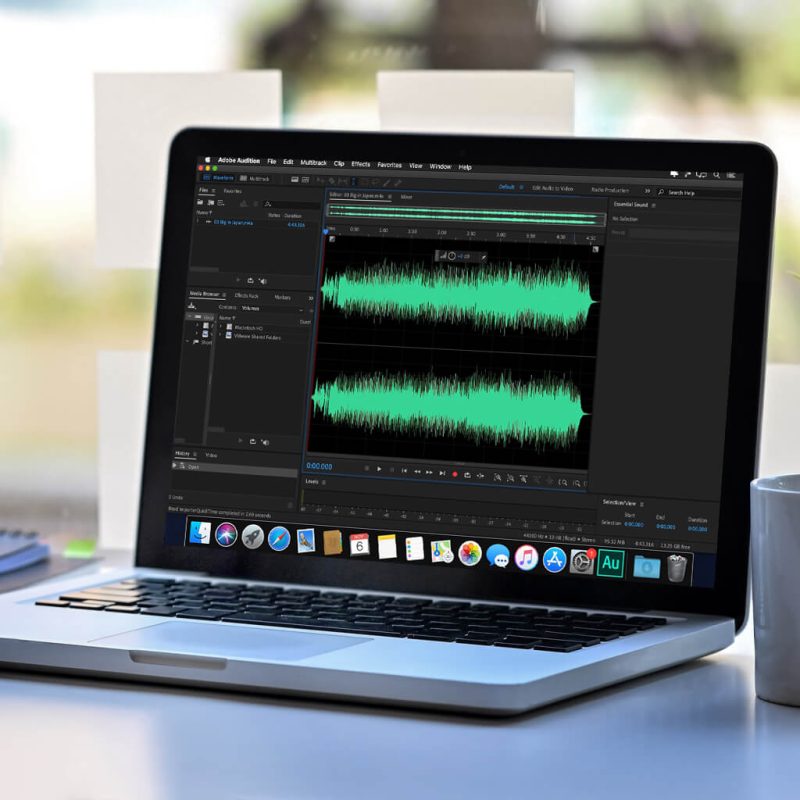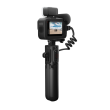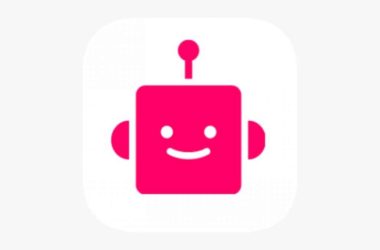Table of Contents Show
Whether you’re making the next award-winning podcast, creating music, or just messing around with a few friends, it’s important to have great audio editing software at your side. The best audio editing software is easy to use, intuitive, and feature-rich, and it’s not easy to arrive at that crossroads; most software tends to overemphasise one of those pillars to the detriment of the others. Still, if you look hard enough, you’ll find excellent software out there that will do everything you need it to do. Here’s the best audio editing software for 2023.
Audacity
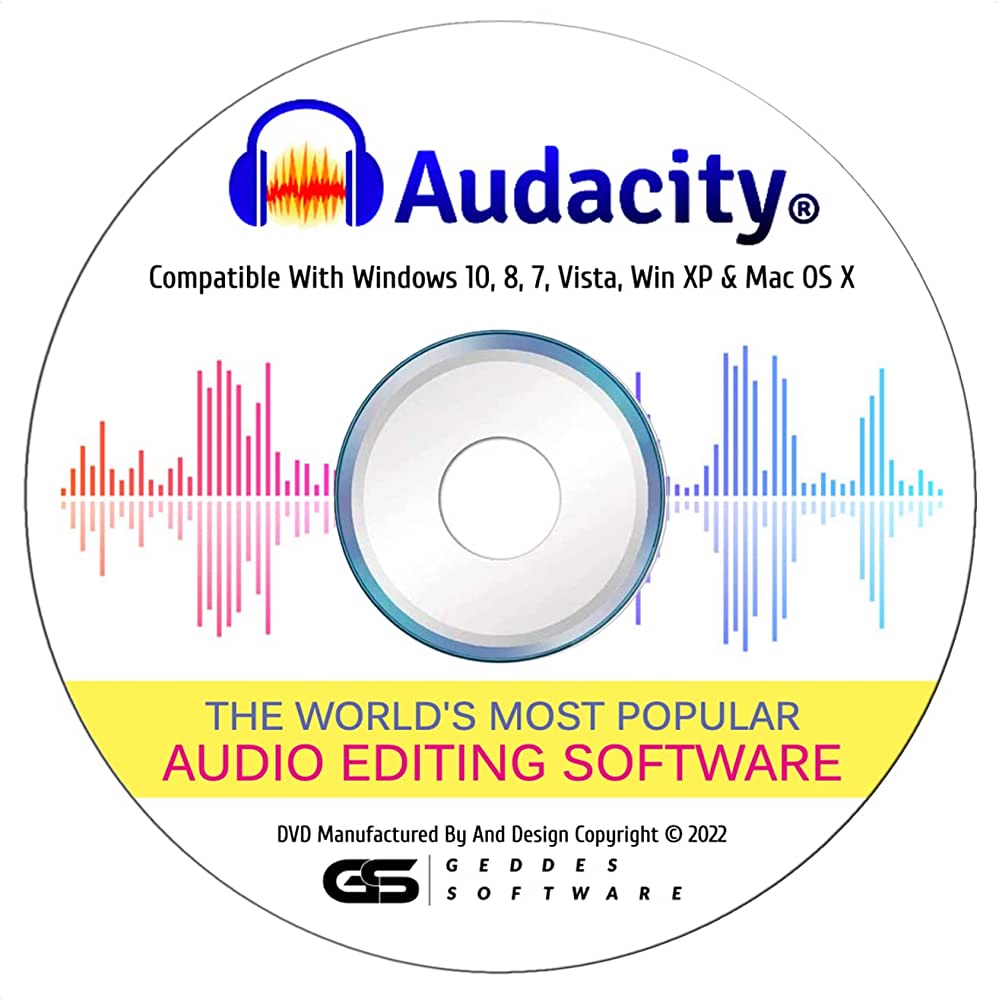
It’s hard to recommend a better piece of audio software in 2023 than Audacity. Once considered a solid if slightly unattractive app, Audacity has undergone several redesigns in the past few years, bringing it up to competition standard. To put it simply, unless you’re a specialist or you have more complex audio needs, Audacity is almost certain to offer everything you’re going to need. It’s a multi-track editor with built-in effects, plenty of options, and robust plugin support.
Adobe Audition
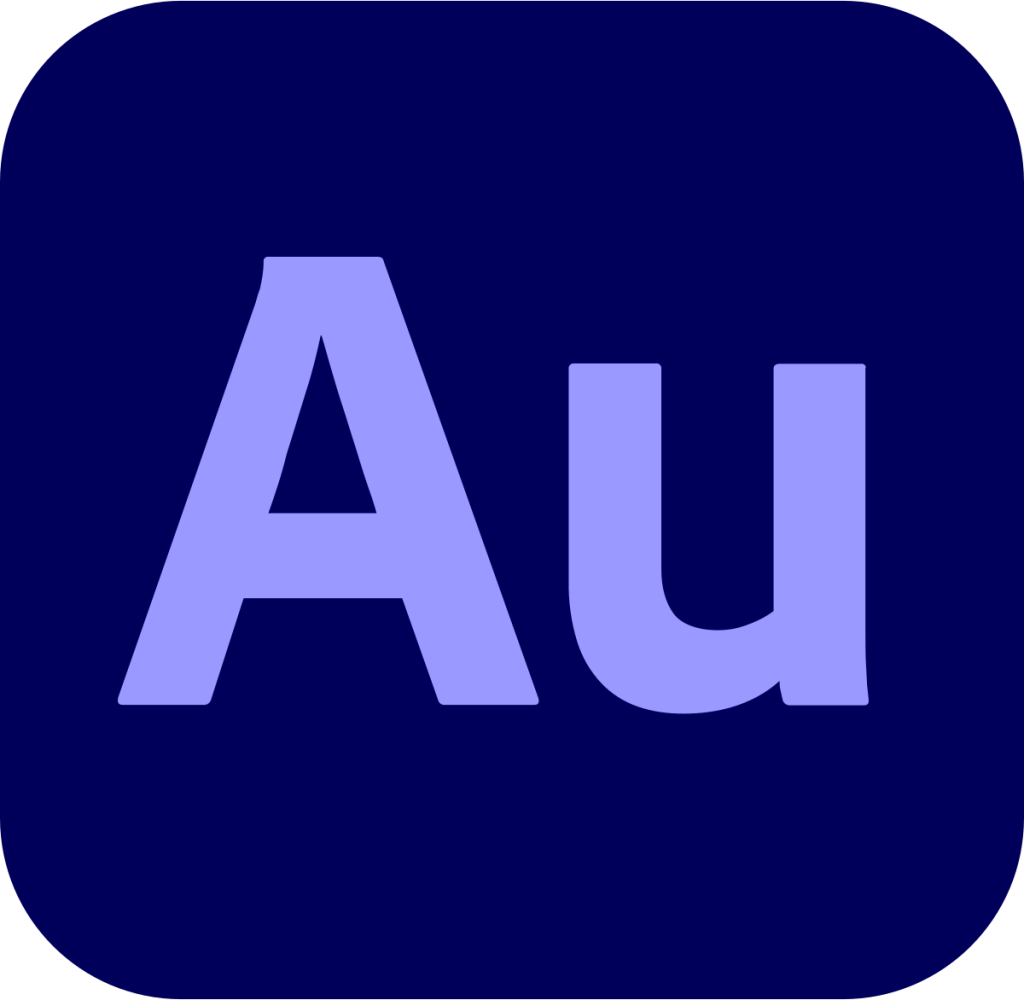
Not everyone likes Adobe’s suite of software, so if you’re not a fan of the company’s approach to pricing or its overriding aesthetic, then you can steer clear of Audition. However, this is a powerful piece of software that’s perfect for everything from recording to live music. You’ll need to pick up a subscription to get it, and it’s a little heavier than Audacity, so it’s probably best to approach this app once you’ve got the basics down.
Cubase 12
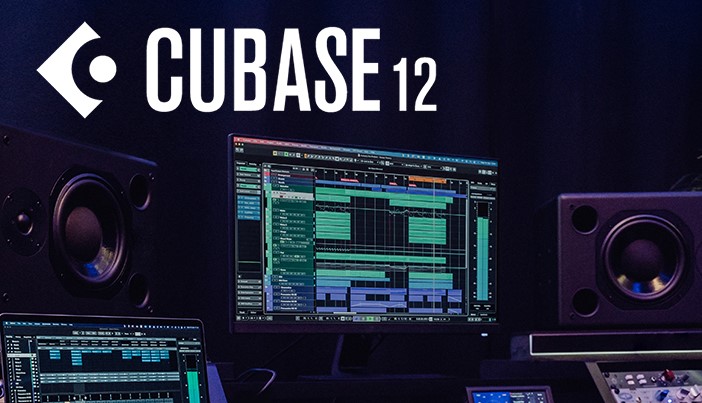
Steinberg’s Cubase is legendary among musicians and producers for its incredible range of features and its beautiful interface, and Cubase 12 continues Steinberg’s legacy with aplomb. If you’re just making a podcast or horsing around with a few buddies, then Cubase is going to be overkill for you, but if you’re serious about entering the music world and you want an app that’s going to keep up with everything you want to do, then Cubase is pretty much essential.
GarageBand
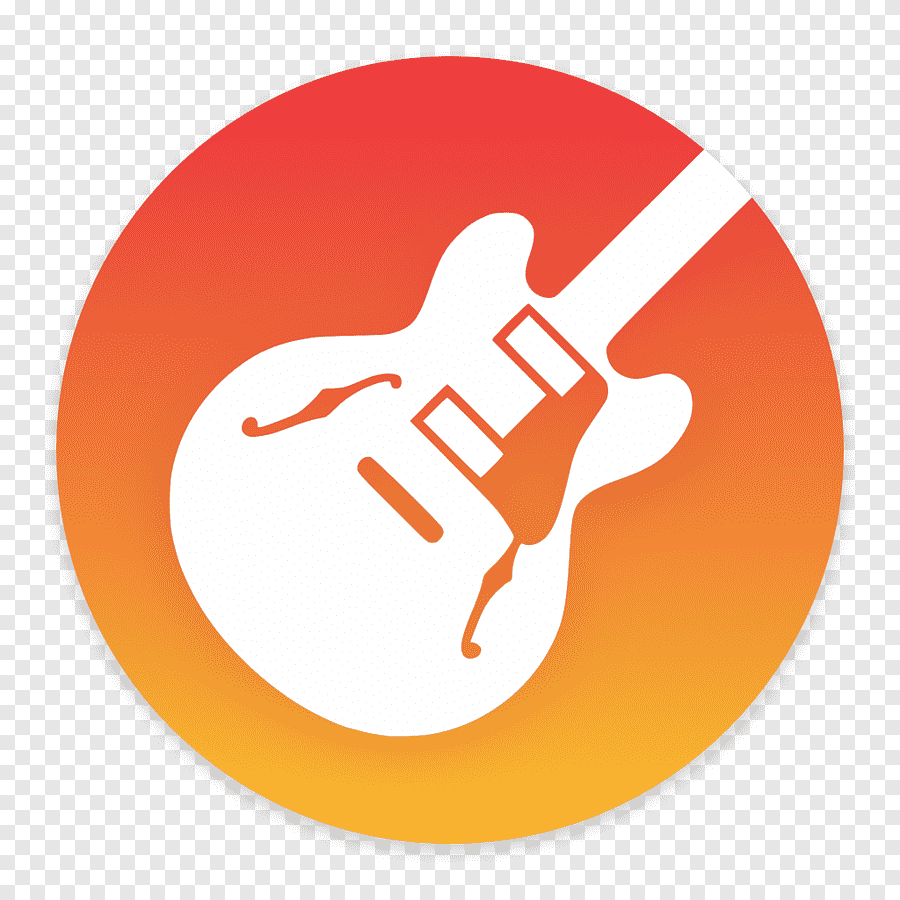
GarageBand might be free, but that doesn’t make it any less useful for audio creation and production. If you’re a Mac user or an iOS user, then you’ve already got access to GarageBand, and it comes with a range of built-in instruments and recording tools to make the process smooth and intuitive. You aren’t going to get the same level of power from GarageBand as you would from Apple’s flagship audio production suite Logic, but if you’re just trying to get some ideas ‘on paperâ, so to speak, GarageBand is great.
Cakewalk
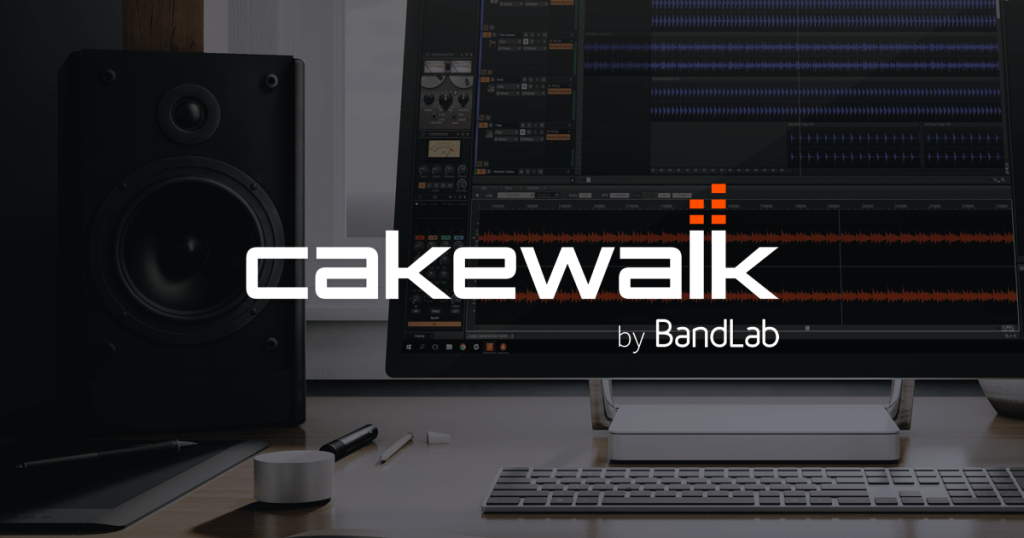
There was once a time when great DAW (digital audio workstation) software would cost the earth, but that time has passed. Although you can still pay a pretty penny for flagship products like Cubase or Ableton Live, free DAWs are no longer compromised as they used to be, and Cakewalk is a great example of that paradigm shift in action. This is a fully-featured DAW that does many of the things its bigger paid competitors do, but you won’t pay a penny for it.
Logic Pro
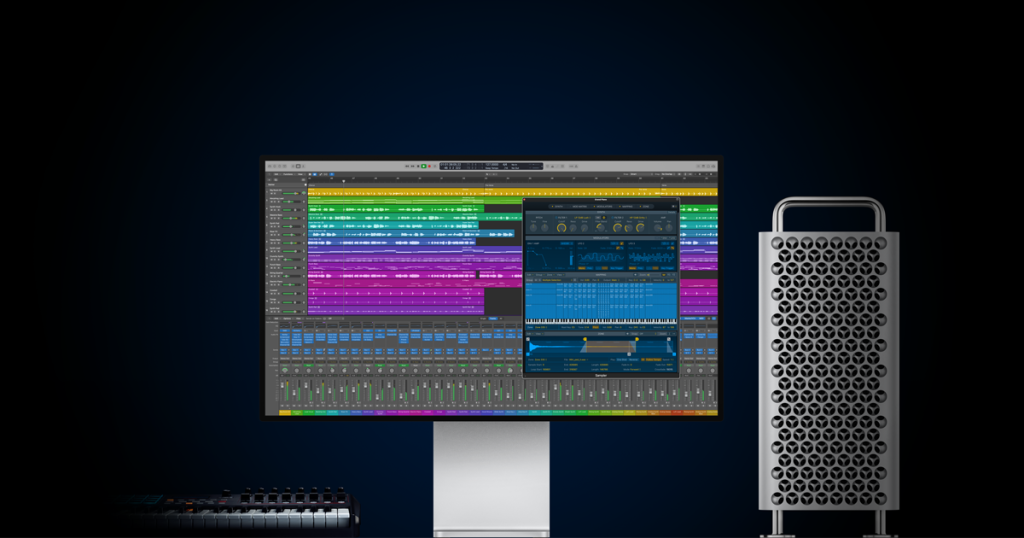
Apple users often buy into the company’s ecosystem specifically to take advantage of Logic, it’s that powerful. Since Apple designs all of its software for proprietary use on Macs, that means apps on Apple machines often punch well above their weight, and Logic Pro is no exception. This is an industry-standard DAW with a hugely powerful and flexible feature set, and while it’s definitely not good for beginners, it’s where you should go if you’re finally growing out of GarageBand’s capabilities.
Ferrite
If you prefer to edit on the go, then Ferrite is for you. This iOS-compatible DAW is built mainly for podcasters and journalists, so if you’re looking for a rich music suite on iPad, you’re not going to find it here (although there are certainly alternatives out there for you). However, if you’re conducting interviews in the field or looking for a mobile podcast recording solution for you and your friends, Ferrite is definitely an app you’re going to want to check out.
CyberLink Audio Director
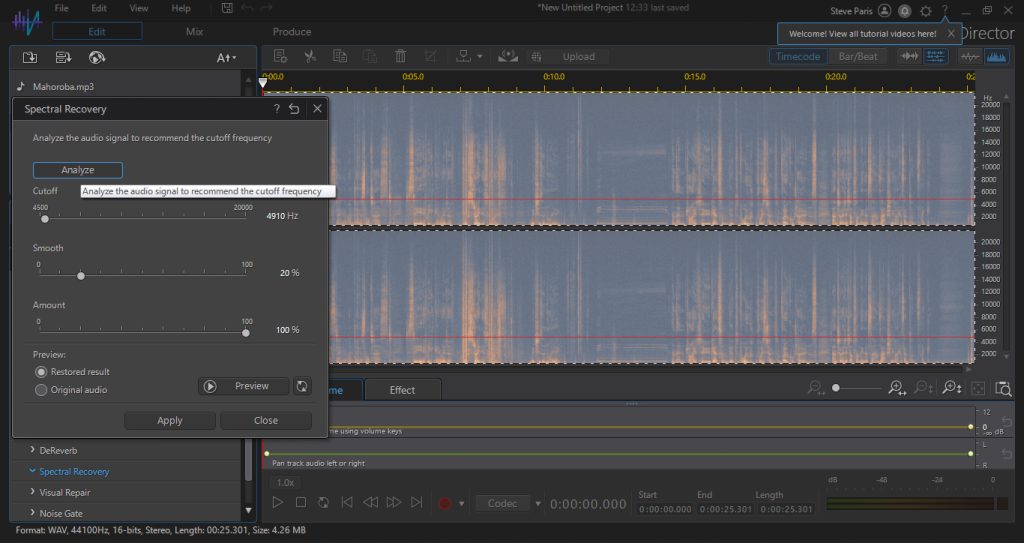
Much like Adobe, CyberLink wants you to pay a subscription fee for access to its product, although there is a lifetime licence available as well if you’d rather just be done with payment instantly. However, it’s a great program that’s both easy to use and deep, so it’ll effectively grow with you. As you get better at audio editing and mixing, Audio Director’s range of features will reveal itself to you, but if you’re happy with just recording and editing a few tracks, the app won’t begrudge you that either.
Resound
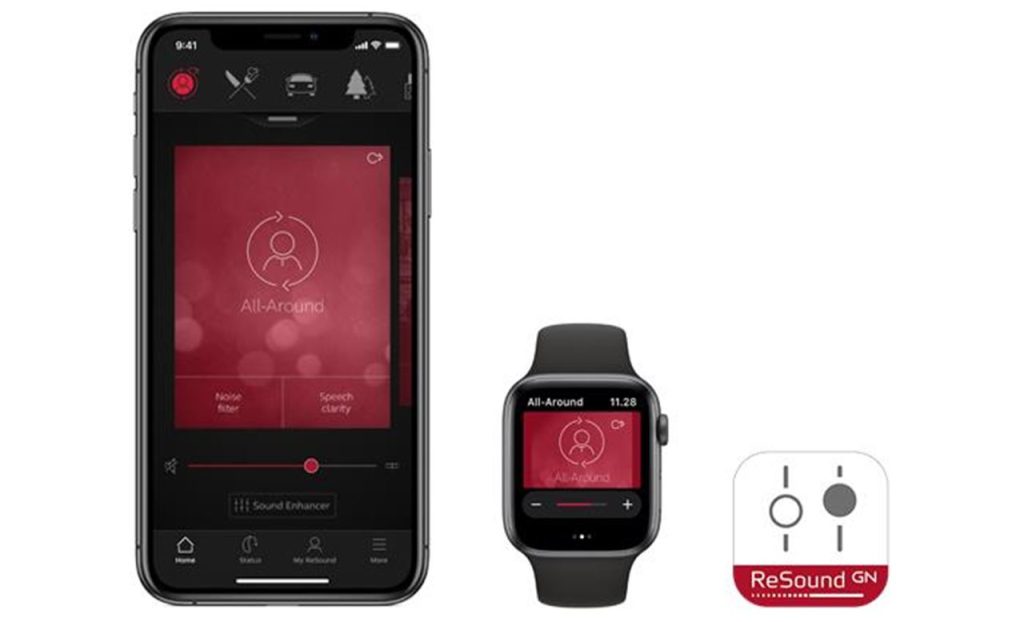
Resound is a fairly niche little app that does certain things very well indeed. The app looks for pauses in an audio file – ‘ummâ, for example, or ‘ahh’- and highlights them for you, streamlining the editing process and making it easier for you to decide what needs to go. This is more of an extra app you can use in addition to your standard audio workstation, but if you know you’re going to be recording speech content with a lot of pauses in it, then Resound is the way to go.
Pro Tools
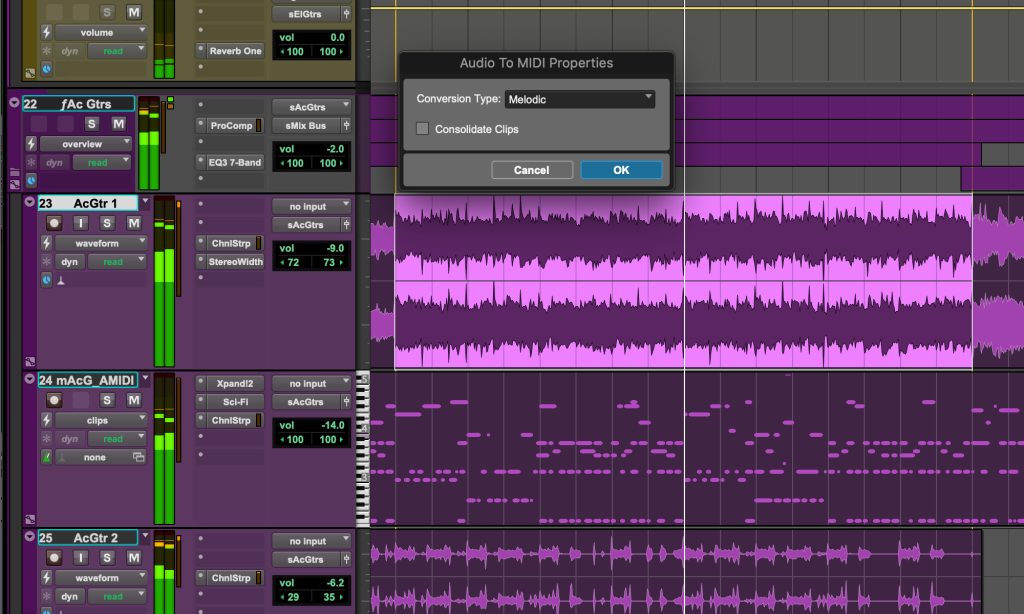
Avid’s Pro Tools software is the go-to choice for professional producers and recording artists. As such, you probably won’t want to get into this app if you’re not absolutely one hundred percent serious about audio production, and it’s definitely too heavy for podcasts or occasional recording. As the cornerstone of a dedicated recording studio, however, Pro Tools is largely unmatched; if you’re not using Logic, then Pro Tools should be your next port of call.




